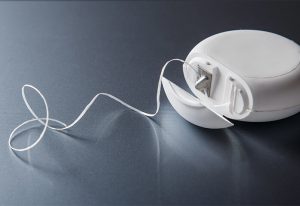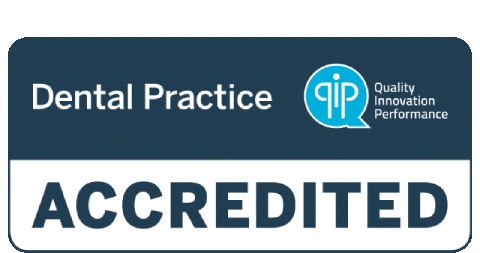Flossing for healthier teeth: where’s the scientific evidence?

Should we actually bother to floss our teeth every day?
In 2016, media reports were awash with quite a story: there’s scant scientific data to prove that flossing is necessary. Yep, it’s true. So should we bother? Yes. Absolutely. Here’s why.
This little dental floss debacle started in the US when journalists from the Associated Press asked the US Health and Human Services and Agriculture (responsible for providing the Dietary Guidelines for Americans every five years) for evidence that flossing works. To everyone’s surprise, including the government, they acknowledged that no one, in fact, had ever thoroughly researched this subject. The flossing guidelines were soon dropped as it is a legal requirement to provide scientific evidence for any health guidelines.
At the time, the AP had a good dig around and the most rigorous research conducted over the past decade they could find focused on 25 studies that compare the use of a toothbrush with a combination of toothbrush and floss. The findings showed that the evidence for flossing was “weak, very unreliable” and of “very low” quality with “a moderate to large potential for bias”. So much for that.
The American Dental Association tried to cite studies claiming that flossing helped prevent early gum disease and cavities; however, most of these studies used outdated methods or only tested small numbers. Not good enough.
 So what’s the deal? Is flossing simply a scam invented by Big Dental? You can’t be blamed if you’d hold some suspicions, particularly when even pharmaceutical giants Proctor & Gamble and Johnson & Johnson couldn’t find a decent study to submit.
So what’s the deal? Is flossing simply a scam invented by Big Dental? You can’t be blamed if you’d hold some suspicions, particularly when even pharmaceutical giants Proctor & Gamble and Johnson & Johnson couldn’t find a decent study to submit.
But wait one moment. The reason why it’s so difficult to find a positive study is simply that no one has done one yet. By today’s scientific standards, far more stringent rules need to be applied, and this simply hasn’t been done. Yet.
There are also challenges for conducting an accurate trial when it comes to health behaviours (think: exercise, smoking, sunscreen, alcohol), as people tend to report what they think they should do and not what the truth is. Consequently, well-controlled trials of small numbers usually indicate that flossing is a good idea, but large, real-world studies are far weaker with their evidence. It’s a very tricky thing to monitor.
The entire drama was an interesting one though because, well, it’s not often that it’s common sense to go against scientific consensus!
Put it this way; we would be going against common sense if we were to follow the consensus because the argument goes as follows:
“Plaque causes caries; flossing removes plaque; therefore flossing reduces caries”.
This is a logical argument. But unfortunately, we don’t have a science to prove it because it’s never been tested properly! That’s all.
Takeaway: a lack of evidence to support flossing is not the same as stating that it is useless to floss your teeth.
So where do we stand now? In Australia, both the Australian Dental Association (ADA) and the Royal Australian College of General Practitioners (RACGP) recommend flossing daily. Dental professionals are the ones that get up close and personal to your teeth and gums and are the ones that see, time and time again, that those who floss often have fewer caries and gum disease problems than those who don’t.
Still not convinced? Before anyone jumps to the conclusion that this is a scam by the dentists and the pharmaceutical industry to sell more dental floss (actually, our dentists give floss away, but let’s just say some do), let’s think this through. If dentists wanted to scam the public, they would not be wholeheartedly demanding that the public brush, floss, rinse and drink fluoridated tap water regularly. All these activities, combined, help to reduce the likelihood of developing cavities and gum disease.
We want you to keep your teeth for as long as possible. We have your best interests at heart. So floss daily (and brush, and avoid sugary foods). Floss only cost a few cents and takes very little time, so you’ve got nothing to lose and only your teeth to keep!


